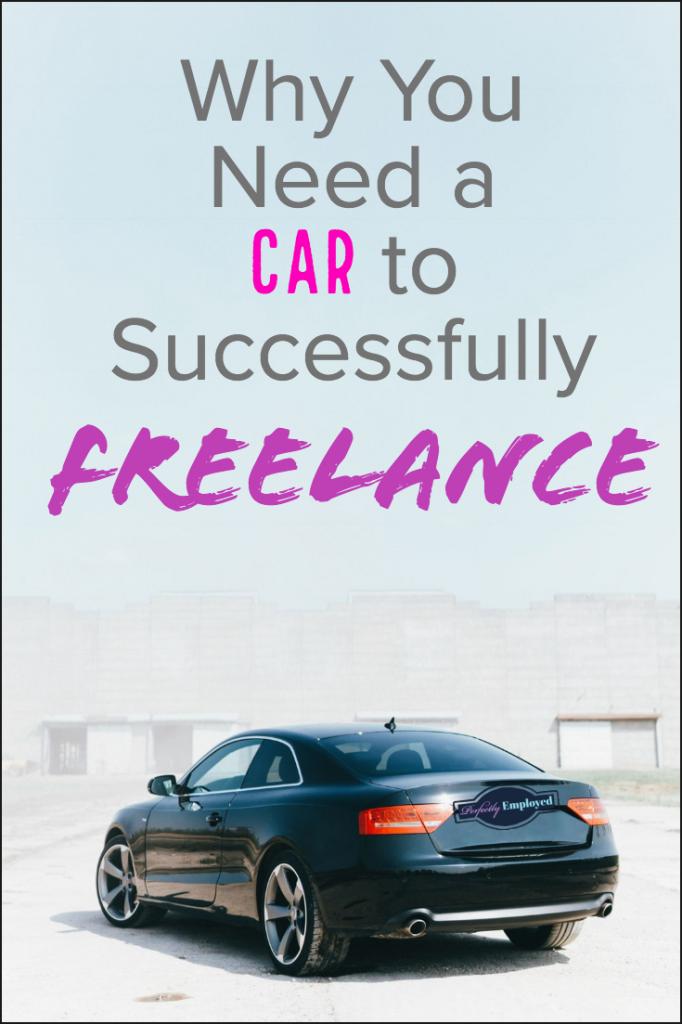
Sometimes, the reality doesn’t match the fiction. You may have landed your your dream job, spent years working your way up the ladder, but you still feel unfulfilled. You might actually hate your job.
But do you really, truthfully hate your job? When people say they hate their job, they often say it out of frustration without truly reflecting on what it is they hate. If you’re clear on what you hate about your job, you can make meaningful changes to find more fulfilling work.
Is it the Role?
This is the first thing you must ask yourself: Is it actually the job that you hate? Many people hastily leave a job they think they hate, only to find themselves in another career that’s even worse than the previous one. It might not be the role itself that you hate—it might be the people.
If you do some soul searching and realize you hate the people with whom you work, look at your options within your current company. Can you transfer to another department? Is there another location that would be a better fit for you? You might be able to solve your frustrations without losing your income.
Have you considered that your hatred towards your job has more to do with your perspective than the job itself? You would be surprised how many times this is the case. On https://tinybuddha.com there’s an interesting article about how you can change your perspective to feel happier.
If you were ready to throw something at me for suggesting it might be your perspective and not the job, then that’s the universe screaming at you that it’s time to make a major change in your career. Get ready to be brave and make the changes you need to relieve your stress and create a new career path!
Planning to Leave
While the temptation to jump ship without a safety net is very appealing, especially if you just can’t take it anymore, it’s unwise. It’s far better for you to plan your exit strategy in gradual segments. This way, you can prepare yourself mentally and financially for some downtime, or line up a new job you can walk straight into.
If you’re looking for a complete career change, look at what skills you already have that can lend themselves well to another industry. For example, on www.hansenagriplacement.com there are various types of job roles relating to the agricultural industry. If you’re tired of the people in your industry, farming can seem like an ideal career change. Besides, how hard can it be to milk some cows or plant some corn? You’d be surprised. Farming has become a field as scientifically driven as the pharmaceutical industry. You may not have the skills you need to pick up a pitchfork.
Take a good inventory of your transferrable skills. They are essential to forging a new career path.
Making the Jump
Actually leaving a job you hate may be harder than you think. Even with money saved and a new job lined up, writing your resignation letter may prove challenging, especially if you’ve been in your job for a while. Even if your job sucks, it might feel safe, and change is always hard. Power through—better things await you!
If your job is sheer hell on earth, you’ve probably spent many hours imagining your exit, running gloriously out the door while giving the finger to your boss and obnoxious coworkers. However, you’re an adult, so you have to act professional. Remember, these people are very likely going to have to provide you a reference, so it’s far better for you to maintain some sense of dignity and decorum.
Related: How to Write a Resignation Letter When You Hate Your Boss
If you hate your job, you will feel it in the pit of your stomach, in which case, changing careers will be the beginning of a whole new you. If you’ve come to the realization that you’re actually don’t hate your job, maybe it’s just the fact that you’re not feeling fulfilled. In which case, it’s time to challenge yourself in other ways. Try a side hustle to stretch your skills and make some extra money just in case you decide to leave your job in a hurry.
Save to Pinterest



